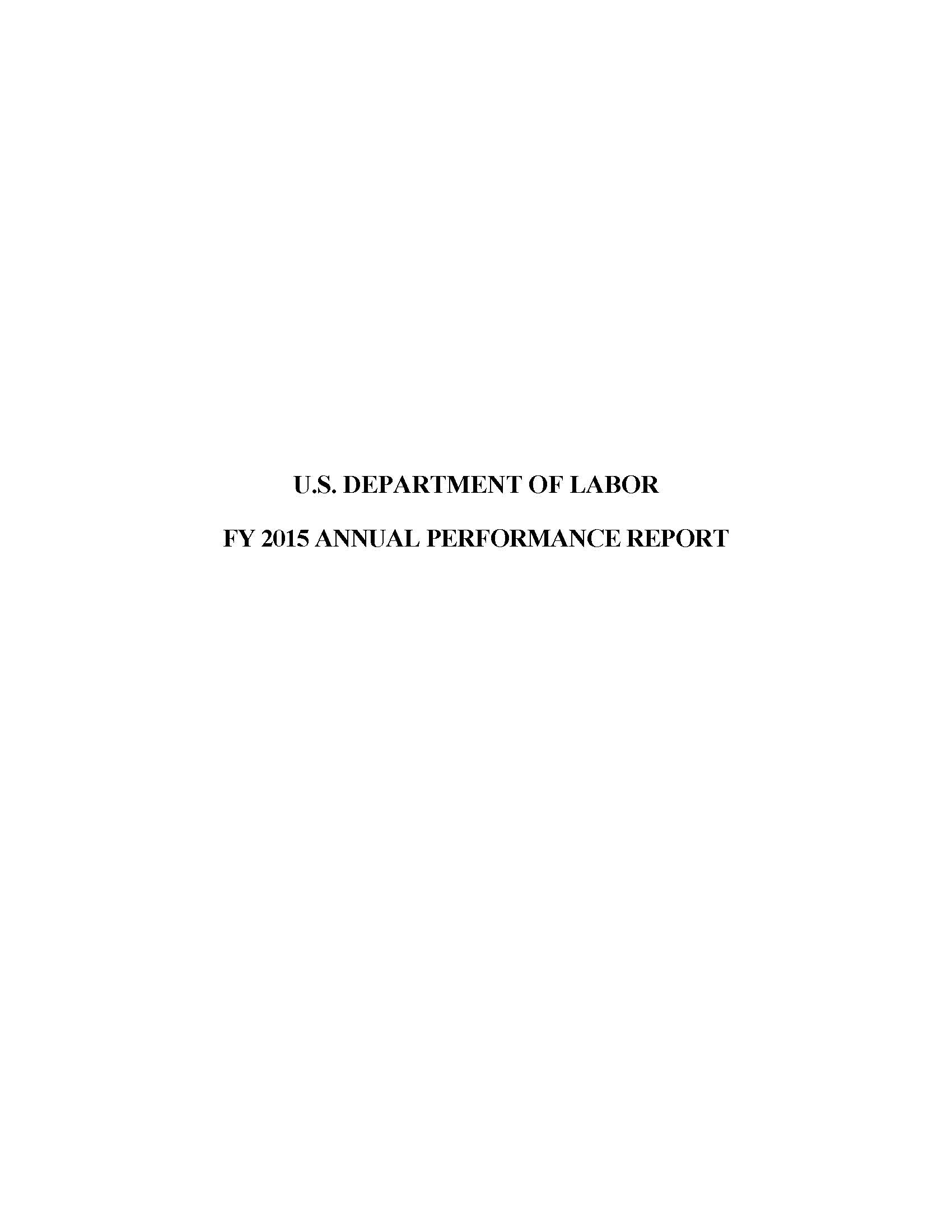- Home
- Agencies
- Department of Agriculture
- Department of Housing and Urban Development
- General Services Administration
- Department of Commerce
- Department of the Interior
- National Aeronautics and Space Administration
- Department of Defense
- Department of Justice
- National Science Foundation
- Department of Education
- Department of Labor
- Office of Personnel Management
- Department of Energy
- Department of State
- Small Business Administration
- Environmental Protection Agency
- Department of Transportation
- Social Security Administration
- Department of Health and Human Services
- Department of the Treasury
- U.S. Agency for International Development
- Department of Homeland Security
- Department of Veterans Affairs
- Goals
- Initiatives
- Programs
Primary tabs
Strategic Objective
Secure wages and overtime
Strategic Objective
Progress Update
The Wage and Hour Division (WHD) and the ETA's Office of Foreign Labor Certification (OFLC) programs support this objective.
Since 2009, WHD has put nearly $1.6 billion in back wages into the pockets of workers. Since FY 2010, WHD has undergone a significant change in how the agency carries out the mission. Fragmentation of employment relationships and the scope and complexity of industry structures combined with the growth of the contingent workforce present complex enforcement challenges that require new levels of coordination and strategy. In FY 2015, WHD's enforcement program continued its evolution from a complaint-based program to a strategic program where directed investigations are conducted in priority industries with an overall increase in the percent of directed investigations from 27 percent in FY 2010 to 42 percent in FY 2015. At the same time, WHD focused its investigations and resources better than ever on workplaces with violations. The percent of directed investigations with no violations fell to 21 percent, down from 30 percent in FY 2010, while the percent of complaint investigations with no violations fell to 18 percent, down from 26 percent in FY 2010. This suggests that directed investigations, despite the absence of on-the-ground information from complaints, are nearly as accurate as a complaint in finding employers with violations.
WHD continues its commitment to focusing on those industries with a history of violations that employ vulnerable workers. Since FY 2010, the agency has maintained a high percent of overall investigations in priority industries. In FY 2008, WHD found back wages of $57.5 million for 76,900 workers in certain low-wage industries. In FY 2015, WHD found more than $74 million in those low wage industries for over 102,000 workers. The average amount of back wages per employee rose from $785 in FY 2009 to $890 in FY 2014 to $1,026 in FY 2015 - a significant increase for low wage workers. WHD prioritized low wage industries in both complaint and directed investigations while increasing the back wage recoveries per worker in those industries. By focusing on priority industries, along with providing more guidance around the "suffer or permit" standard of the FLSA, WHD also increases the likelihood of detecting instances of misclassification of employees as independent contractors.
The Office of the Solicitor of Labor (SOL) has pursued litigation to recover overtime on behalf of misclassified employees in industries ranging from cable installation to nurse staffing agencies, and has also filed amicus briefs to refocus the case law on the proper standard for determining employee status. ETA's Office of Unemployment Insurance continues to create incentives for state unemployment compensation agenceis to increase connections with reemployment services as well as identify and address misclassification, including updated audit standards and grant opportunities.
OFLC processes applications and prevailing wage requests from employers who wish to hire non-citizens for professional and specialty occupations, non-agriculture temporary work, and seasonal agriculture work. The certification process ensures US employer compliance with statutory requirements when they hire foreign workers, protecting US workers against adverse impact on wages and working conditions.








